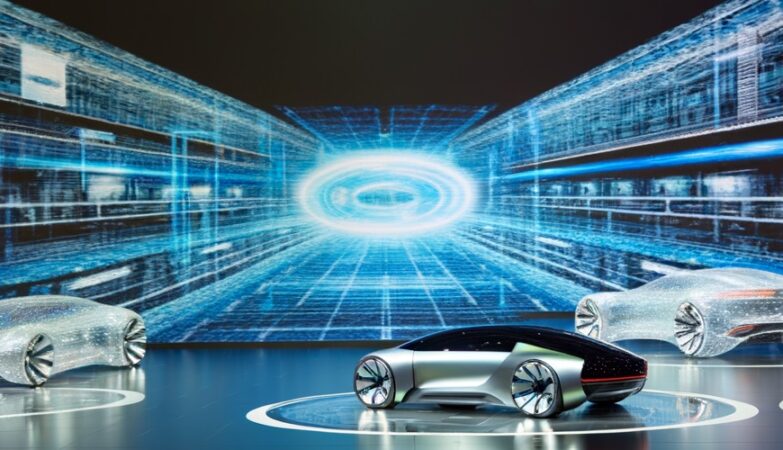[ad_1]
The automotive industry has undoubtedly transformed the way people live their lives. From providing convenient transportation options to being a symbol of style and status, the automotive industry plays a crucial role in the daily lives of individuals around the world. In this article, we will explore the significance of the automotive industry, its impact on society, and the future of automobiles.
First and foremost, the automotive industry is essential in providing people with convenient and efficient modes of transportation. Whether it is commuting to work, going on a road trip, or simply running errands, a personal vehicle offers the flexibility and freedom to travel wherever and whenever one desires. Public transportation systems are often limited in their reach and convenience, making personal automobiles a necessity for many individuals.
In addition to transportation, the automotive industry is a significant contributor to economic growth and job creation. It is a complex ecosystem that involves various sectors, such as manufacturing, sales, maintenance, and repair. These sectors provide employment opportunities to millions of people worldwide, contributing to the overall prosperity of the global economy.
The automotive industry also plays a critical role in shaping society’s preferences and lifestyle choices. Cars have become more than just a means of transportation; they are a reflection of personal style and status. Automakers continuously strive to design and develop vehicles that cater to consumers’ desires for comfort, luxury, and innovation. As a result, cars have become an integral part of our culture, influencing fashion, music, and even urban planning.
However, the automotive industry is not without its challenges. One of the most pressing concerns is the environmental impact of automobiles. The burning of fossil fuels in traditional internal combustion engines contributes to air pollution and greenhouse gas emissions, leading to climate change. To address these issues, automakers are investing heavily in research and development of alternative energy sources, such as electric and hydrogen-powered vehicles. These eco-friendly options aim to reduce emissions and promote a more sustainable future for transportation.
The future of the automotive industry is undoubtedly exciting and revolutionary. With advancements in technology, vehicles are becoming smarter, more connected, and autonomous. The rise of electric and self-driving cars is set to reshape the industry, as well as society’s relationship with automobiles. Electric vehicles offer a cleaner and greener mode of transportation, while autonomous vehicles have the potential to revolutionize mobility, reduce accidents, and improve traffic efficiency.
Moreover, the automotive industry is also witnessing a shift towards a more shared economy. Car-sharing services, such as Uber and Lyft, are gaining popularity, enabling individuals to access transportation without the need for personal ownership. This trend has the potential to reduce the number of vehicles on the road, leading to less congestion and a smaller environmental footprint.
In conclusion, the automotive industry is more than just a means of transportation; it is an integral part of our daily lives and society as a whole. From providing convenience and freedom to contributing to economic growth and job creation, the automotive industry plays a crucial role in shaping our world. With the advent of electric and autonomous vehicles, as well as the rise of shared mobility, the future of the automotive industry looks promising, with a focus on sustainability and innovation.
[ad_2]






